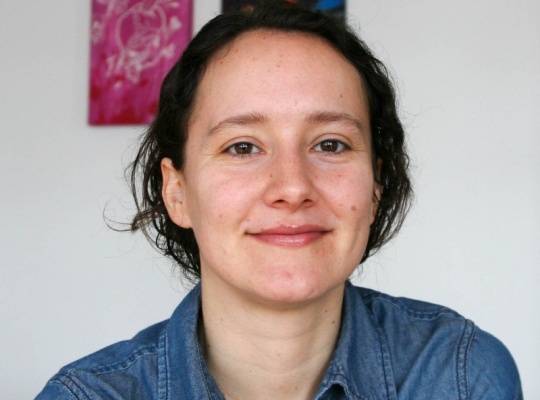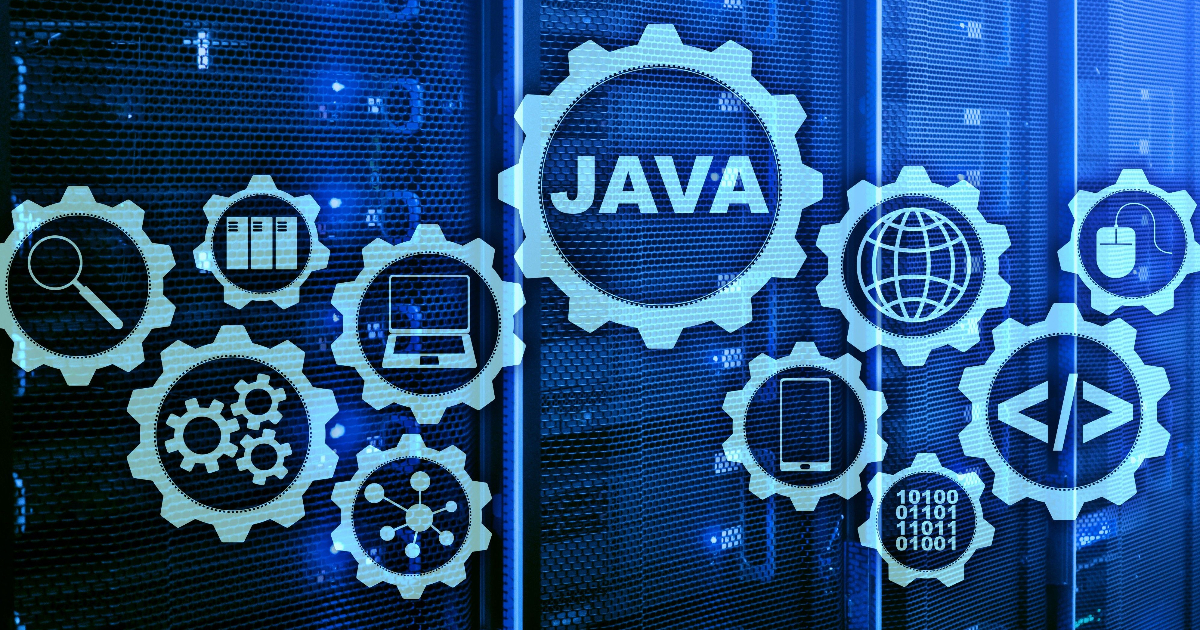Codetown
Codetown ::: a software developer's community
JSR Watch: Here’s to Progress
http://java.ulitzer.com/node/965152
JSR Watch: Here’s to Progress
And here’s to the next 10 years!
By Patrick Curran
May 15, 2009 03:00 PM EDT
Reads: 560
The end of the year is an opportunity to review the past year's activity, and to present this to our Executive Committee (EC) members, to our broader membership, and to the general public. So this month I will summarize our progress during the past year.
PMO Initiatives
First, in addition to the ongoing work of moving JSRs through the process (more on this later), the JCP engaged in a couple of new initiatives around transparency and agility.
I've addressed the transparency issue relatively recently in this column, so I won't say much more here except to remind you that we are now strongly encouraging all Expert Groups (EGs) to work in an open and transparent manner by adopting practices such as the use of public mailing lists and issue-tracking mechanisms. Of course, it would be hypocritical for us to encourage this behavior in EGs while continuing to hold Executive Committee (EC) meetings in private, so there too we are becoming more open. Starting in September 2008 the ECs agreed to make full minutes and meeting materials accessible to the general public rather than simply posting summaries that only JCP members could read. (We reserve the right to go into Private Session from time to time when sensitive matters are discussed, but we don't expect to do this very often.) If you want to see what we're up to, the meeting materials are accessible.
As for agility, when I reviewed 2007 activity this time last year it became apparent that the amount of time it takes Expert Groups to complete their work varies significantly. Some manage to finish in a little more than a year, while others take several years. Also, we know that there are some JSRs that are effectively stalled and really ought to be withdrawn. As a first step to encourage agility we decided to introduce a new category for JSRs that have made no progress for 18 months - these will be labeled as "Inactive" on jcp.org. The PMO will work with the Spec Leads of these JSRs to encourage them to pick up the pace. If it becomes clear that the JSR is unlikely to complete, we will encourage them to withdraw it. In addition, we plan to review all JSRs that reach completion, and others as appropriate, to identify and publicize the good (and bad) practices that affect the speed with which JSRs move through the process.
There's more! Read the rest in J2SE Town...
Notes
Welcome to Codetown!
 Codetown is a social network. It's got blogs, forums, groups, personal pages and more! You might think of Codetown as a funky camper van with lots of compartments for your stuff and a great multimedia system, too! Best of all, Codetown has room for all of your friends.
Codetown is a social network. It's got blogs, forums, groups, personal pages and more! You might think of Codetown as a funky camper van with lots of compartments for your stuff and a great multimedia system, too! Best of all, Codetown has room for all of your friends.
Created by Michael Levin Dec 18, 2008 at 6:56pm. Last updated by Michael Levin May 4, 2018.
Looking for Jobs or Staff?
Check out the Codetown Jobs group.
InfoQ Reading List
Presentation: Busting AI Myths and Embracing Realities in Privacy & Security

Katharine Jarmul keynotes on common myths around privacy and security in AI and explores what the realities are, covering design patterns that help build more secure, more private AI systems.
By Katharine JarmulJava News Roundup: Lazy Constants, TornadoVM 3.0, NetBeans 29, Quarkus, JReleaser, Open Liberty

This week's Java roundup for February 23rd, 2026, features news highlighting: new JEP 531 Candidate, Lazy Constants; GA releases of TornadoVM 3.0 and NetBeans 29; point releases of Quarkus, JReleaser, Chicory and RefactorFirst; maintenance releases of Micronaut and Jox; and the February 2026 edition of Open Liberty.
By Michael RedlichArgo CD 3.3 Brings Safer GitOps Deletions and Smoother Day‑to‑Day Operations

The application deployment and lifecycle management tool Argo CD has reached a new milestone with the release of version 3.3, extending the capabilities of the popular GitOps continuous delivery tool while addressing several long-standing pain points for operators.
By Matt SaundersMySQL 9.6 Changes Foreign Key Constraints and Cascade Handling

MySQL is changing the way foreign key constraints and cascades are managed. Starting with MySQL 9.6, foreign key validation and cascade actions are handled by the SQL layer rather than the InnoDB storage engine. This will improve change tracking, replication accuracy, and data consistency, making MySQL more reliable for CDC pipelines, mixed-database environments, and analytics workloads.
By Renato LosioVercel Releases React Best Practices Skill with 40+ Performance Rules for AI Agents

Vercel has launched "react-best-practices," an open-source repository featuring 40+ performance optimization rules for React and Next.js apps. Tailored for AI coding agents yet valuable for developers, it categorizes rules based on impact, assisting in enhancing performance, bundle size, and architectural decisions.
By Daniel Curtis
© 2026 Created by Michael Levin.
Powered by
![]()
You need to be a member of Codetown to add comments!
Join Codetown